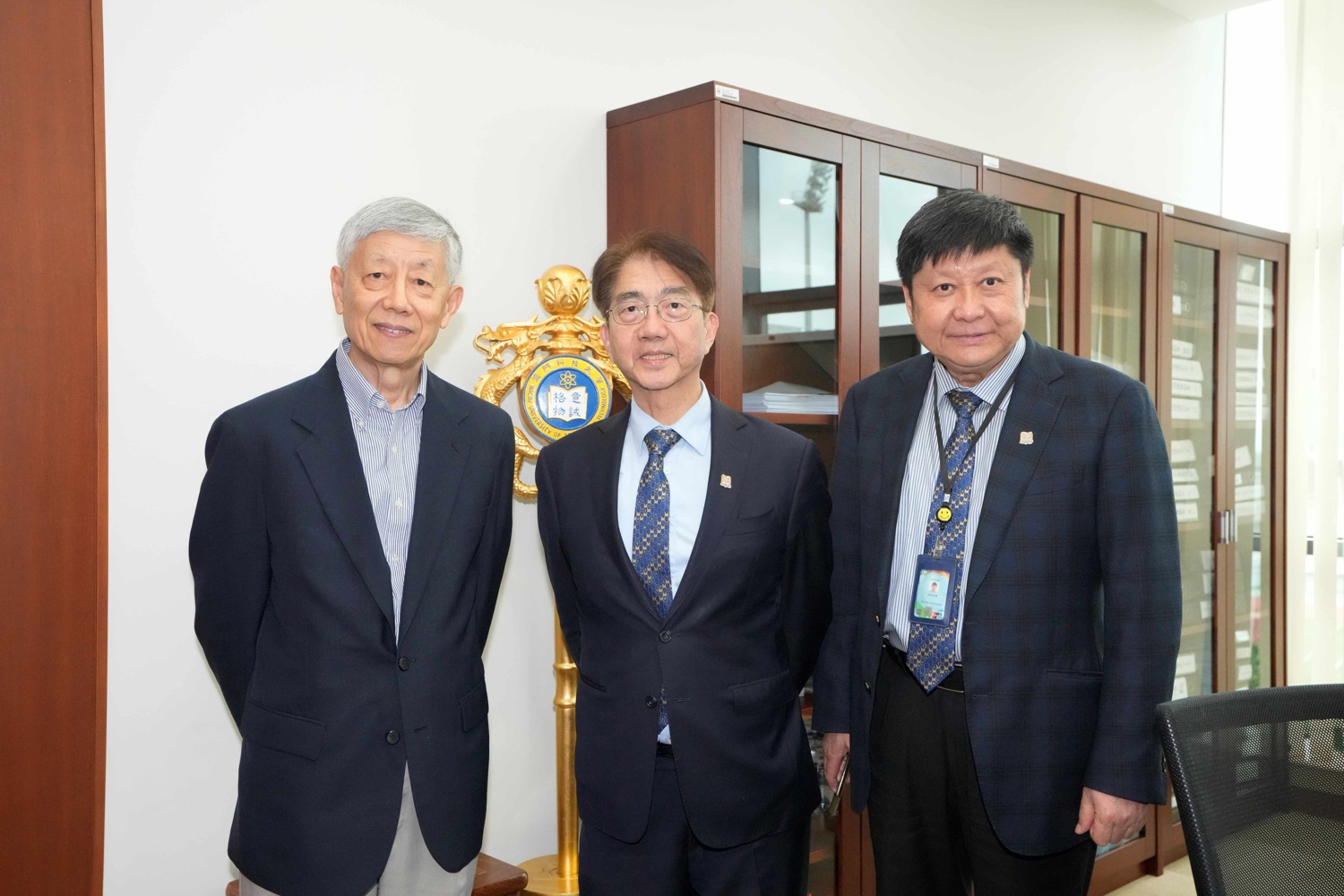The 12th lecture series on "East Asian Culture and World Civilization": New York University Professor Frank Lixing Tang’s Lecture on Brain Research and Second Language Teaching
The 12th lecture series on "East Asian Culture and World Civilization": New York University Professor Frank Lixing Tang’s Lecture on Brain Research and Second Language Teaching
The 12th lecture series on "East Asian Culture and World Civilization" sponsored by the Eurasia Foundation from Japan and organized by the University International College of Macau University of Science and Technology was successfully held on the afternoon of April 26, 2024.
The guest speaker for this lecture is Professor Frank Lixing Tang, Director of the Chinese Language Teacher Development Center at New York University, and Director of the English as a Second Language/ Bilingual/Foreign Language Education Department, and Acting Director of the Chinese Department at Shanghai New York University. The lecture topic is "Brain Research and its Implications to L2 Teaching and Learning." Professor Tang is an internationally renowned scholar in language education, and has achieved significant results in Chinese education, English as a Second Language education, and teacher development, etc.
During the lecture, Professor Tang shared the cutting-edge research findings in neuroscience and analyzed the implications of these findings on second language acquisition. Professor Tang pointed out that neuroscience research helps us better understand the nature and mechanisms of second language learning. By observing and analyzing the brain's activity patterns during the learning process, we can understand the neural mechanisms of second language acquisition, which provide suggestions and methods for second language teaching and learning. Professor Tang actively interacted with the students during the lecture.

President Joseph Hun-wei LEE and Professor Frank Lixing Tang
(From left to right: Professor Frank Lixing Tang, President Joseph Hun-wei Lee, Dean Hongming Zhang)
Professor Tang was warmly received by President Joseph Hun-wei Lee during his visit. The two sides held in-depth discussions on international exchange and the development of teacher education, and explored how to strengthen the exchange and cooperation.